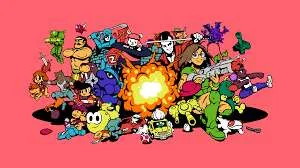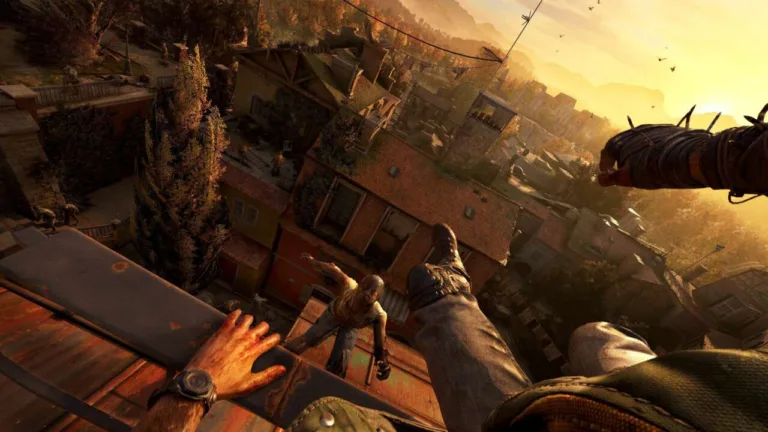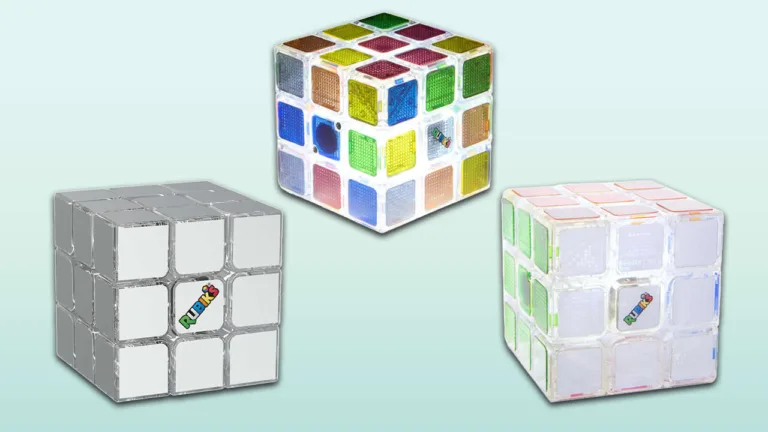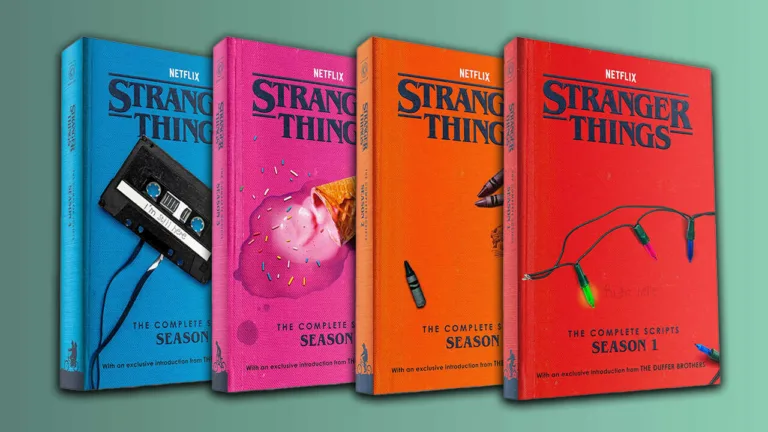An Unconventional Way Of Playing A Fake Retro Game Collection Made It Something Much Greater
UFO 50 is celebrating its one-year anniversary today, September 18, 2025. Below, we reflect on how digesting the game week by week for an entire year has made a lasting impression.
UFO 50 is the most audacious game experiment I’ve ever seen. The pitch–a fictional retro game collection consisting of 50 full-fledged retro-style games, all connected with sequel iteration and a winding meta-narrative–was impressive from the first moment I heard about it. I loved the game when I reviewed it last year, and it ranked highly on my list of the year’s favorites.
But even still, I wasn’t prepared for how UFO 50 would follow me into this year with ritualistic regularity. In the end, this collection of fake retro games has been an incredible ongoing lesson in game design.
For my review, I dabbled in all 50 games, but naturally, I didn’t complete them all. Not even close. I played enough to get a feel for them, to see the breadth of genres, and to pick a few key favorites that I spent more time with. That was enough for an initial, critical evaluation.
At the same time, I caught wind of an almost equally audacious plan from the podcast Eggplant: The Secret Lives of Games. The show, hosted by a collection of independent developers including former game journalist Nick Suttner, had been around for years, taking a deep-dive on various indie games. With the release of UFO 50, the show committed itself to “A Year of UFO 50,” playing each game in the collection one by one in what they would come to call a “book club” format. I recognized Suttner from his days at the 1UP Show, and I was curious to hear a deeper examination of each game, so I checked it out.
One year later, I’m convinced that this is the ideal way to play UFO 50. One game at a time, punctuated by insightful commentary.
The first episode followed the first game Barbuta, a classic and rudimentary-looking metroidvania. Most people’s first experience with Barbuta is the same: You take a single step to the right and immediately die. There is no tutorial or prompt to activate this; you’re just placed in a room, facing to the right, and your gamer instincts have taught you to “read” a screen from left to right, so you start walking in that direction.
The fact that the game immediately and brutally punishes you for this is like a mission statement for the collection: Question your assumptions, watch your step, and be willing to take these games on their own terms. It’s also, truth be told, a pretty good joke, if you’re willing to accept that slapping down the player in sudden brutal fashion can be funny if you take it with the right humor.
The Eggplant podcast examined all of this with a depth and clarity that feels like it could only properly come from those who have actually been in the trenches developing games themselves. I was hooked, and resolved to follow along each week–if not finishing each game, at least putting in some time to understand what made them tick on a deeper level than I had a chance to for review. It felt like listening to panels at the Game Developers Conference. It’s interesting because it’s not consumer-facing. These were developers talking to other developers about the work of yet other developers. I was glimpsing a private space.
Over the course of one year with UFO 50, I’ve learned about a wealth of board game influences on various classic game genres; how golf mechanics are much more prevalent than I’d realized in a collection that has at least two actual golf games; the various ways UFO 50 marries influences from the 1980s with the flash game culture of the early 2000s; and even how the game itself is in a deep, probing conversation with a 1978 book by Bernard Suits called The Grasshopper: Games, Life, and Utopia. This may have been obvious enough for those who had formal education in game development and read Suits’ book as part of their curriculum, but for me, it was a revelation. This is far from an exhaustive list, as I’m sure I’ll continue recalling and utilizing what I’ve learned for years to come.

As the year of UFO 50 has come to an end, the podcast has increasingly shifted its focus to the meta-narrative. UFO 50 drops Easter eggs throughout, and I had gotten a vague sense of larger happenings and conflicts between the characters of UFO Soft as I played for review. Now understanding the full narrative arc of the fictitious, doomed development studio, the entire experience is richer and more textured. There are multiple plot twists within UFO 50–not the individual games but the meta-game itself–that I would have completely missed if I hadn’t embarked on this journey of discovery.
As a result, UFO 50 is even more impressive than I had first thought. It is a compilation of 50 different original games, many of which are brilliant on their own. But it is also a singular game, with all 50 pieces playing their own role, making a particular statement and providing a reflection on game development, corporate culture, the nature of play, artistic endeavors, and more. UFO 50 set out to tell the story of a game studio that never existed, and taken holistically, it’s an incredible achievement that can inform how we look at real developers who do exist, art, and artists, and the challenges of creativity and capitalism.
For me, diving deep into UFO 50 with regularity each week has made the experience better. I would recommend the podcast to anyone who likes that listening medium. But even if not a podcast, the best way to enjoy UFO 50 is with a community. The UFO 50 subreddit has fertile discussions over tier rankings and mods. Many of the games have spawned their own devoted speedrunning enthusiasts. Speedrunners even put together a recent charity event called Cherry Rush, as some of the best UFO 50 players in the world pooled their expertise to achieve the “Cherry” completion status for each game in the collection in a single weekend. Cherry is the ultimate achievement in each of the UFO 50 games, marking not just completion but mastery of the systems.
UFO Soft is a fictional video game developer. The actual games were made primarily by Spelunky creator Mossmouth, aka Derek Yu,alongside developers Jon Perry and Eirik Suhrke.But even as ambitious as UFO 50 seemed when I first heard about it, spending a year exploring it with a community and learning more about video game development has made the achievement even more impressive. The opportunity to see it deconstructed not just as a gamer or a critic, but the way developers themselves see it, was a rare treat. I won’t soon forget it.







